After four great years here at Stern, Friday is my last day. I’m leaving New York for a little time away and then a new adventure in Texas. As I said in a note to friends a few weeks ago, the Center is non-partisan, but I am not. Houston is a frontier in progressive politics in America, and I’m excited to live somewhere where I have a stake in state and local politics over the next few years.
Beginning a new chapter means that the old one must come to an end. I wrote last week about the incredible professional partnership I’ve had with Mike Posner over the last dozen years. I’m so proud of the work we’ve done together and excited to see where Mike and the rest of the crew take the Center next. The team we’ve built at Stern is outstanding - unafraid to be bold, take risks, enlist the next generation of business leaders, and uncover uncomfortable truths that ultimately will make people’s lives better.
My next chapter is still coming into focus, but I know that my work going forward will be a continuation of my research and writing on workers in global supply chains. These issues are only becoming more relevant to mainstream political and economic debates about the future of trade, work, and manufacturing, and I’m excited to participate in those conversations.
I’ve been around the business and human rights field since its earliest days. As I reflect on the last decade-plus, three things stand out as opportunities for the field in the coming years:
1. Mainstream the business and human rights agenda: If recent elections around the world teach us anything, it’s that the changing nature of work, the relationship between globalization and trade, and growing inequality of income and opportunity are motivating voters like no time in recent memory. The business and human rights community should have a lot to contribute to these debates, in plain language that most policymakers and citizens can understand. As a community, we need to engage more than we do with those involved in these important discussions. (Michael Hobbes took a tongue in cheek look at the insularity of our field in a piece in Foreign Policy earlier this month).
2. Principled engagement: Today, the business and human rights field is caught between two divergent perspectives: purity and capture. At one end, some of us are most comfortable spotlighting abuses and critiquing companies from the outside, too “pure” to engage the very actors we’re trying to change. At the other are groups enlisted by companies to assist with sustainability reporting or stakeholder engagement, too “captured” to be credible. We need many more groups willing to sit in the sometimes-uncomfortable middle ground of engaging companies - at arm’s length - in an ambitious and principled way.
A few weeks ago, I got a lot of praise for resigning from an advisory group of Exxon’s. I’ve been on the receiving end of more than a few raised eyebrows over the years about my willingness to sit down with Exxon - the assumption being that if you engage a company of that size, you must be captured by their interests. Maintaining independence and strong principles while engaging is clearly an opportunity for more organizations in this field. That will require business and human rights groups to become more savvy about how business works and the language of business.
3. Don't let companies define the playing field: To date, we’ve been too deferential to companies in defining the scope of debate for human rights. In my research on the apparel supply chain, for example, I’ve observed that advocacy groups readily accepted brands’ definition of the size of the supply chain. In Bangladesh, this excluded more than half the workers from proposed fixes. With new sources of data and a fair amount of elbow grease, we were able to identify that the supply chain is up to 65% bigger than the way big apparel brands had defined it. Better access to technology and the proliferation of data sources should yield greater transparency about global business practices in the coming years, which presents important opportunities for more ambitious advocacy.
This is an exciting and high-stakes time for anyone who seeks to advance the realization of human rights, correct injustice, and build a stronger and more peaceful world. As I leave Stern and New York, I’m grateful for the opportunities I’ve been afforded here, especially under the leadership of Dean Peter Henry. I’m also reminded of Eleanor Roosevelt’s wise words, that human rights begin in the small places, close to home. I’m excited to establish a new home and look forward to continuing to connect with friends and colleagues for many years to come.
After Friday, you can find me at @sarahlabo on Twitter, sarahlabowitz.com, or in the great state of Texas. Onward
Sarah Labowitz is the co-founder and, until Friday, March 17, the co-director of the Center.

